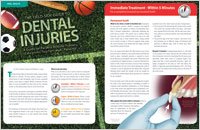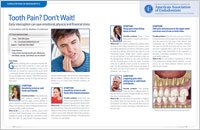Mouthwash
Home > Mouthwash
Studies have indicated that the use of an appropriate mouth rinse coupled with regular brushing and flossing is a simple and effective way for you to enhance your oral health. As a regular process of oral hygiene, mouth rinses (otherwise known as mouthwashes) are effective for discarding plaque, controlling bad breath, and preventing tooth decay and gum disease.
Mouth Rinses
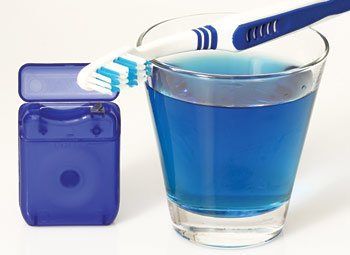
There is a large array of mouth rinses sitting in drugstores, and they are made available on a prescription and over-the-counter (OTC) basis. Selecting the best oral health products or mouthwash, depends on the benefit you desire from its application. Mouthwashes may contain alcohol or be alcohol-free, may help provide pain relief from tooth sensitivity, or may address dry mouth. They may also contain hydrogen peroxide to help whiten teeth.
It’s significant to know that many off-the-shelf oral rinses are primarily cosmetic. It means they may temporarily control bad breath and leave your breath fresh for the moment. However, they don’t provide any lasting benefit to your oral health.
It’s okay to use them if you aren’t under any dental risk. However, if your dentist indicates that you’re at risk of tooth decay or gum disease, it’s better you go for a mouth rinse with proven clinical benefit.
Therapeutic Mouthwash
Mouth rinses that provide dental benefits are regarded as therapeutic. They fall into two categories: anti-cariogenic rinses, which are produced to prevent tooth decay and dental cavities, and antibacterial rinses, which aid in controlling the buildup of bacteria and plaque in the mouth. Some mouthwashes may offer both types of protection.
To avert tooth decay, anti-cariogenic mouth rinse uses a familiar active ingredient, fluoride. This is usually in the form of a 0.5% sodium fluoride solution. Because it’s a liquid, fluoride mouthwash can reach all your teeth – even into spaces the tiniest brush can’t reach.
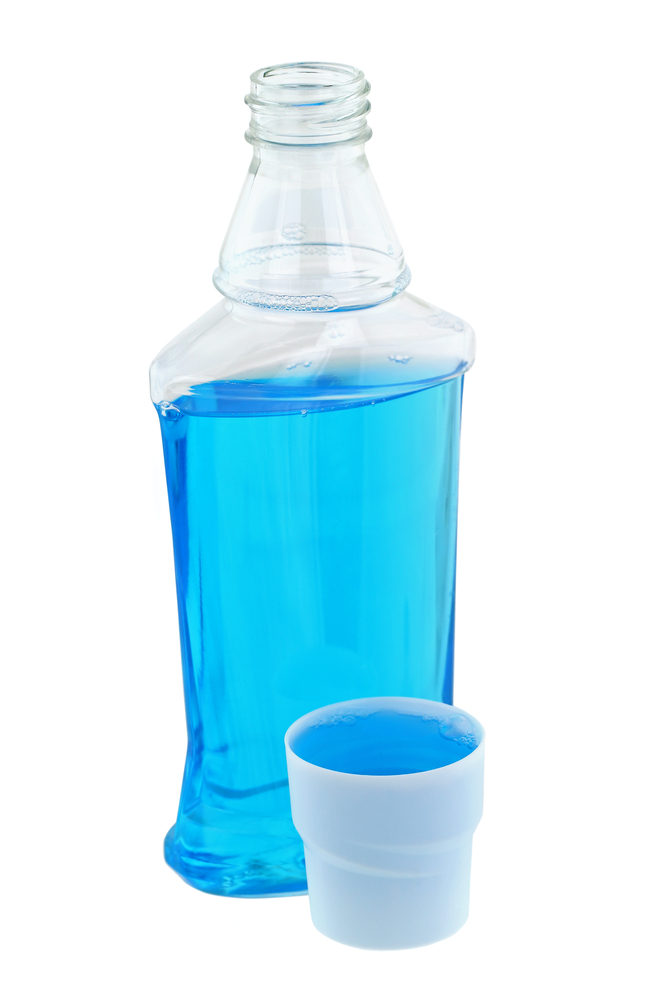
Fluoride has been persistently proven to strengthen tooth enamel, which prevents decay and lowers the tiny lesions on teeth where a cavity may form. Everyone can benefit from the use of mouthwashes to fight cavities. However, if you’ve been notified of the possible risk of tooth decay or you find it hard to brush and floss, then an anti-cariogenic rinse is your best bet.
Antibacterial mouth rinses are composed of active ingredients (like triclosan, essential oils, or chlorhexidine) that helps to manage the microorganisms found in plaque. Plaque isn’t only present on the surface of the teeth but also in other areas of the mouth. Rinsing with an antibacterial or antiseptic mouthwash has proven to provide a huge reduction in plaque compared to just brushing and flossing.
As a dental solution to fight gum diseases and tooth decay, a mouthwash that kills bacteria is a move towards enhancing your oral hygiene. Contact our dental office in Elkin, NC for the best mouth rinse for your needs.
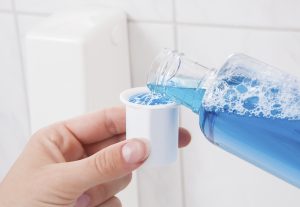
Choosing the Best Mouth Rinse

If you’re purchasing an OTC therapeutic mouth rinse, look out for the American Dental Association (ADA) seal on the label. It shows that the product has been tested and proven effective by an independent panel of dental professionals. If you have a prescribed mouthwash, ensure you carefully follow the usage instructions.
Please note that due to labeling restrictions, prescription mouth rinses may not be eligible for the ADA seal of acceptance. Mouthwash is beneficial to everyone but shouldn’t be administered to children under age six because they might swallow the product.
Related Articles
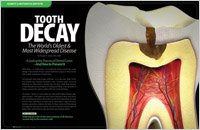
Tooth decay is the number one reason children and adults lose teeth during their lifetime. Yet many people don’t realize that it is a preventable infection. This article explores the causes of tooth decay, its prevention, and the relationship to bacteria, sugars, and acids…
Accidents to the teeth, jaws and mouth can happen at any time during any sporting activity. Proper attention can save pain, alleviate anxiety and costly dental treatment. A little knowledge, as they say, can go along way. This field-side guide briefly explains some simple rules…
Pain is a protective response that informs the body that something is wrong. Tooth pain, specifically, is caused by a reaction of the nerves inside a tooth’s pulp chamber, with the severity dependent upon the type and degree of the stimulus…
Dentistry You Can Trust for the Whole Family
Testimonials















